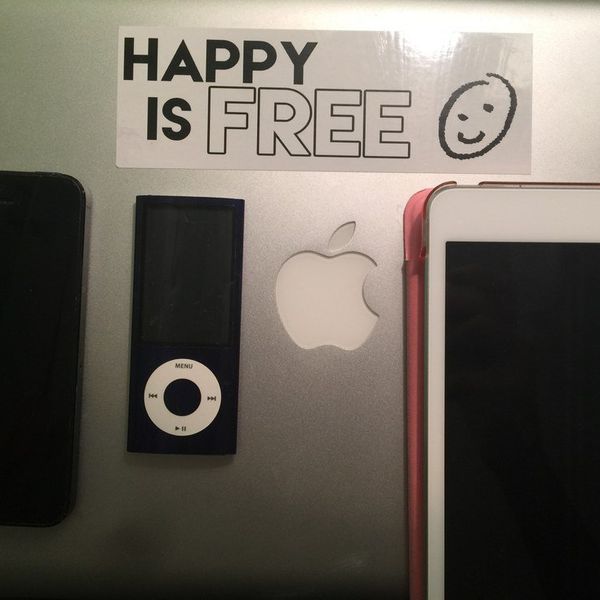One of the most common experiences found by all those who come home from college on break is the constant barraging of “get off your cell phone at the dinner table” from parents and relatives. At school, it is odd to not be on one’s phone in the dining hall, as we live in a world where social media creates a stigma that we are to be constantly updated on each other’s activities. This has created the distinction between millennials and their parents that has caused many to get fed up with cell phone usage at communal meals.
Chick-Fil-A, one of America’s largest fast food chains, has instituted a new promotional program to reinforce the Southern Christian values of the corporation, which also includes funding groups opposed to same sex marriage like the Pennsylvania Family Institute and the WinShape Foundation. Yet this “wholesome” new promotion goes back to the aforementioned topic of not using cell phones during dinner.
Parties that enter Chick-Fil-A are encouraged to put their phones in a “cell-phone” coop, a cardboard box that is intended to hold all cell phones until the meal is finished. If a group of diners keep their cell phones in the coop for the duration of the meal, they are rewarded with an ice cream cone for all in the party.
While this “challenge” is not really enforceable and reliant on the trust system, as patrons keep the coop at their table, it is interesting to see a corporation like Chick-Fil-A try to tackle a social issue like this. This promotion does not benefit Chick-Fil-A from immediate sales in the least. Rather, costs are incurred from advertising of this promotion, the ice cream given away at no charge, and the manufacturing and cost of materials of the cell phone coops. Is this really worth Chick-Fil-A’s effort for a problem that likely helps the fast food industry?
In a new age of digital marketing, Facebook check-ins and Twitter handles detailing what consumers are eating, often information extracted from phones during diners’ visits is vital to future marketing. McDonald’s uses this technology all the time. Often times, customers advertise for restaurants themselves by checking in at the restaurant and telling the entire world they are doing so. This begs the question: why is Chick-Fil-A pursuing such a policy?
While this is a free market and business practices within the scope of the law are fine, one must scoff when a corporation tries to tell the individual how to act. For instance, Chick-Fil-A is famously not open on Sundays. Why should I be less prone to eat out on Sunday? Quite the contrary really. If anything, I am even more prone to eat out on Sunday, as that is when I have time to as the busy shuffle of the week often prevents me from leaving campus. Of course this does not apply to everyone, but in the new age of rising millennials, it is imperative to cater to them.
Surely there is value in putting down the cell phone. Often the distractions of Snapchat and Twitter can take away from genuine moments of conversation. Yet the fact of the matter is that we live in a world where much of our communication takes place in the cloud. Just because this is not the way our parents conducted ourselves does not make this wrong. Quite frankly, the pushback on the millennial generation and its new tendencies has been felt all over. Perhaps the world will embrace this new culture rather than constantly push back and call for a return to days of the past.





















